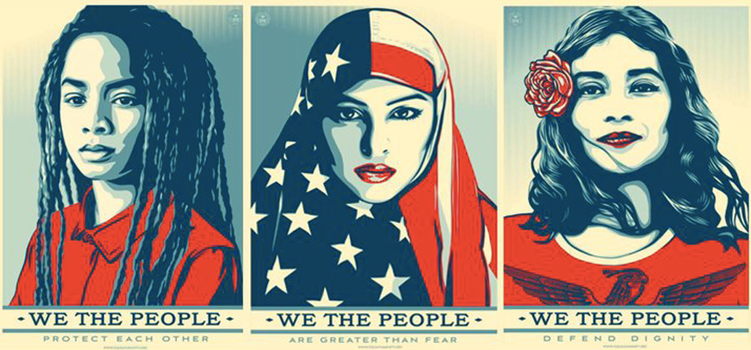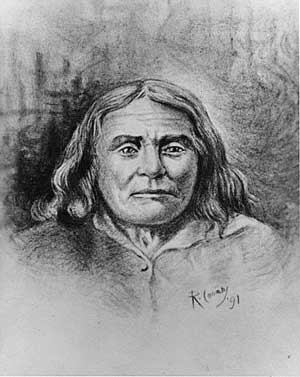

The story of John Smith and Pocahontas is part of our American origin story. There are many versions of the story. Today we are going to see if there is really sources to back this. Further if you did not watch NOVA: Pocahontas Revealed, you should go back and watch it. You also need to add the timeline to your notebook. You can draw it, or print it, it is up to you. Make sure you read it and annotate the timeline though. There is also documents from the story too. Good luck.
0 Comments
What can passenger list tell us about who settled in the new world and where they settled?9/20/2017
Everyone in America has come from some other place. America has always been diverse and multi-cultural. There are many families that have come for a better life. Still to this day we are a country that is working towards a melting pot, religious freedom, and political tolerance. Also many African immigrants were forced here and were enslaved for many years. It will take many chapters in our course to get to the time when slavery was abolished and the Constitution and country began to try and reconstruct itself. So we will use these passenger list to answer the historical question above.
Pair share questions: • What are the biggest differences between the two ships? • What does this information tell you about the differences between New England and Virginia in the 1630s? Examining Passenger Lists • What do you think will change once plantation owners in the Chesapeake area begin replacing indentured servants with African slaves? • Imagine the setting: Officials are collecting this information as passengers board the ship? Is the setting noisy or orderly? Are officials guaranteed to get accurate information? How do you explain the fact that all the passengers swore allegiance to the Church of England (we know that many immigrants were religious dissenters, like the Puritans who were escaping because ofreligious persecution)? • What more do you want to know about these passengers? What information is missing from these lists? How might you go about finding that information? Citations: Passenger list from the ship Planter, which sailed from London to Boston in 1635. http://www.olivetreegenealogy.com/ships/neng_planter1635.shtml Passenger lists from the ship America from London, England to Chesapeake, Virginia. http://www.olivetreegenealogy.com/ships/tova_america1635.shtml http://www.economist.com/blogs/democracyinamerica/2015/02/immigration-america
Dutch Governor Peter Stuyvesant surrenders New Amsterdam, the capital of New Netherland, to an English naval squadron under Colonel Richard Nicolls. Stuyvesant had hoped to resist the English, but he was an unpopular ruler, and his Dutch subjects refused to rally around him. Following its capture, New Amsterdam’s name was changed to New York, in honor of the Duke of York, who organized the mission.
The colony of New Netherland was established by the Dutch West India Company in 1624 and grew to encompass all of present-day New York City and parts of Long Island, Connecticut, and New Jersey. A successful Dutch settlement in the colony grew up on the southern tip of Manhattan Island and was christened New Amsterdam. To legitimatize Dutch claims to New Amsterdam, Dutch governor Peter Minuit formally purchased Manhattan from the local tribe from which it derives it name in 1626. According to legend, the Manhattans–Indians of Algonquian linguistic stock–agreed to give up the island in exchange for trinkets valued at only $24. However, as they were ignorant of European customs of property and contracts, it was not long before the Manhattans came into armed conflict with the expanding Dutch settlement at New Amsterdam. Beginning in 1641, a protracted war was fought between the colonists and the Manhattans, which resulted in the death of more than 1,000 Indians and settlers. In 1664, New Amsterdam passed to English control, and English and Dutch settlers lived together peacefully. In 1673, there was a short interruption of English rule when the Netherlands temporary regained the settlement. In 1674, New York was returned to the English, and in 1686 it became the first city in the colonies to receive a royal charter. After the American Revolution, it became the first capital of the United States. We are turning in the first notebook today. This Friday we will continue on Chapter 2. The quiz for Chapter 1 has been reassigned so you can finish it and it is due on the 16th by 12pm. The quiz is 25 points and will be under homework 10% for percentages. I hope Thursday you got many things done and did not waste your time in class. We will also go over this chart on grading comments Friday. We also need to keep with the Great Awakening that will fuel the American Revolution and the philosophy of individual freedom. RELATED CLIPS: “She’s having an intense prayer session...We need to listen to that voice of God inside us” and “Whitefield ignored denominational lines...what had been was not what was going to be.”
Evangelical preacher George Whitefield embodied “this perennial radical Protestant idea of immediate connection between God and the individual soul,” as religion professor Stephen Marini puts it. Historian Harry Stout calls White eld “the divine dramatist,” and Daniel Dreisbach, a law and religion scholar, says White eld brought Americans together “by a common message of revival.” Essential question for notes: How would you describe Whitefield’s message of rebirth? citation: http://www.pbs.org/godinamerica/view/
To see the translation of the printing above please look below and there are two translations. Bartolomeo De La Casas [1484-1566] was a catholic priest who decided to document the atrocities and violent actions towards the native-american populations during the Spanish conquest. In the indies or near Cuba, the indigenous people were treated very poorly from the new arrivals to the new world. There was a controversy to these stories. The handout from class will help you in your ability to understand what happened. The class handout is the primary source. The videos will help explain the account by De Las Casas. Today's video is another perspective you should have notes from class for a broader perspective. Please use all of these research sources below to work on your Wayback Wednesday. This is the last Wayback for this first notebook. Best wishes.
Accessed September 5, 2017. http://www.gilderlehrman.org /multimedia#!GLC04220. |
Philosophie: Salon CenterEveryone of us is living history. We all have a story to tell and the ancestors that came before us that carved a way for us to become a new member of civilization. We also are learning that we are all related genetically and culturally in the family of humanity. All people’s past becomes part of all of us, and will always be completely intertwined with the entire world community.
Author's NOTEFrom time to time we will have some ideas from words that give us wisdom about our world. Writers are some of the most insightful people that understand our modern and ancient world quite well. Feel free to read, think, comment on these ideas. It seems that some of the students would like to debate issues of government, economics, and history. This can be a forum for this idea. Also if you would like to do formal debates in class we need to prepare debate rule and procedures. This can be a start and then we can decide if we will proceed to bring the debates in class on topics we study. Please follow our classroom rules if you decided to write on the blog. Make sure that you ask questions, and be helpful, and mature in all your interactions. This can be a helpful way for you to share what you have learned and what you want to learn, or just share ideas. Also just submit an idea through an email, or web contact, and we can maybe add the idea. Send a picture with the suggestion for the classes. Thank you. Archives
February 2021
Categories
All
Photos above left to right: The Solon, by Raphael was a depiction of the place where ideas were discussed and debated. Greek democracy in the public sphere. Here is the philosopher Seneca talking to Nero-Claudius Cesar Drusus Germanicus [Roman Emperor 54-68 BCE]- about society,law, politics, ethics and morality. Anthem for the doomed!
Class ForumStudents can also decide to add a topic that can be approved and monitored by Mr.C. Please be responsible and follow the social contract. You can share ideas and questions on your now topics about our class. Friends can help each other study with their devices. Please only students, but fell free to share the forum communications with your family. This can be a source for all students.
|

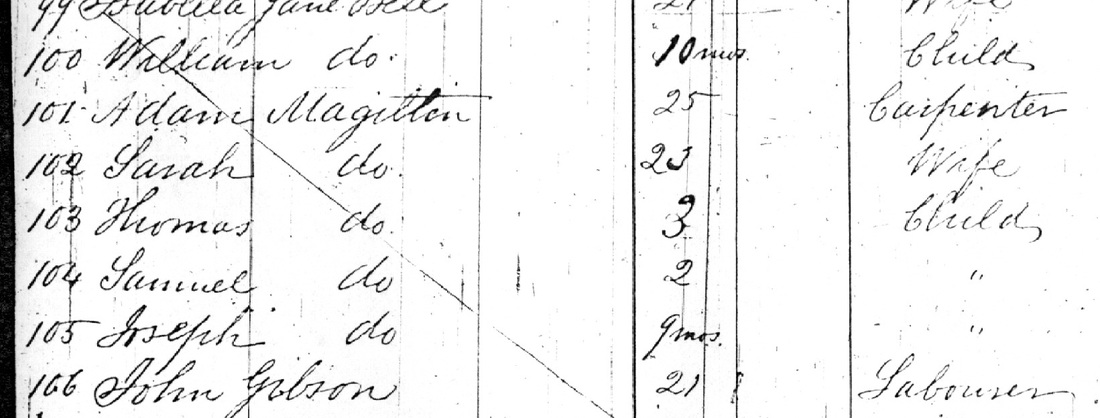
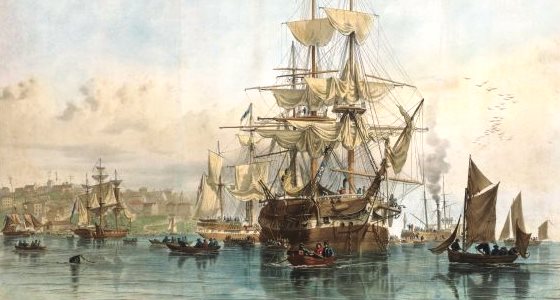
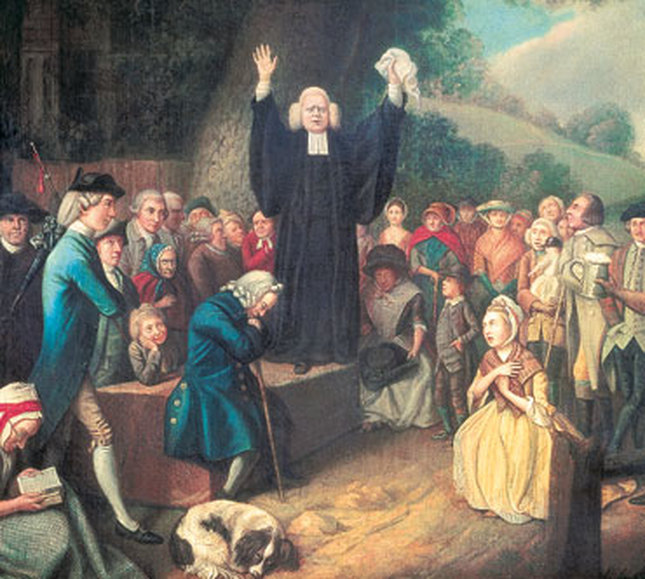
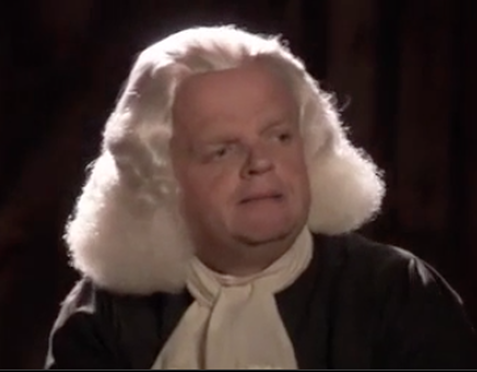
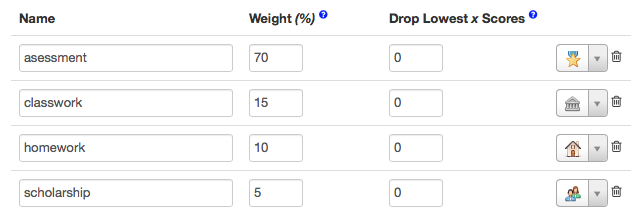
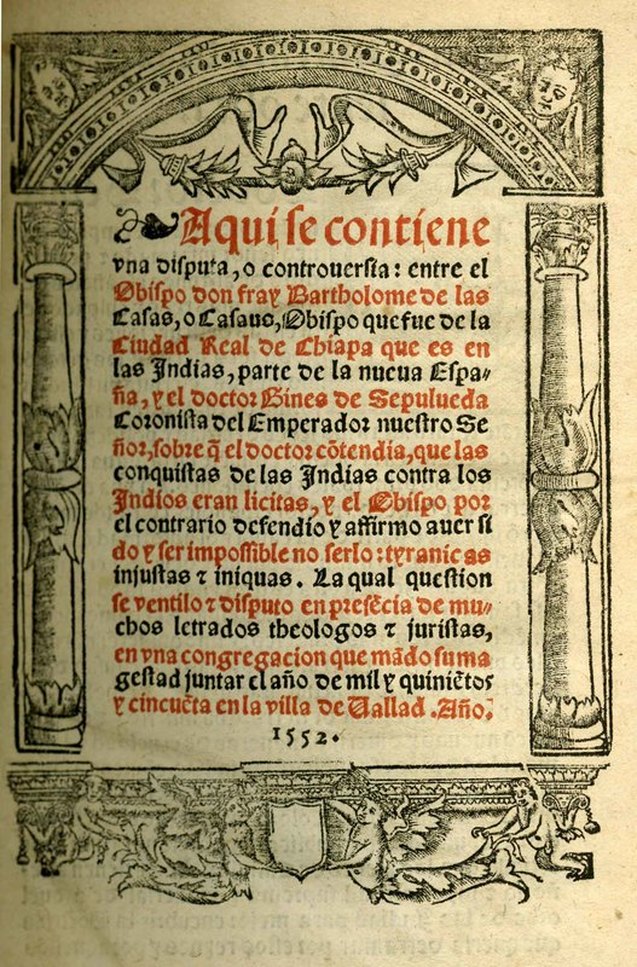
 RSS Feed
RSS Feed
